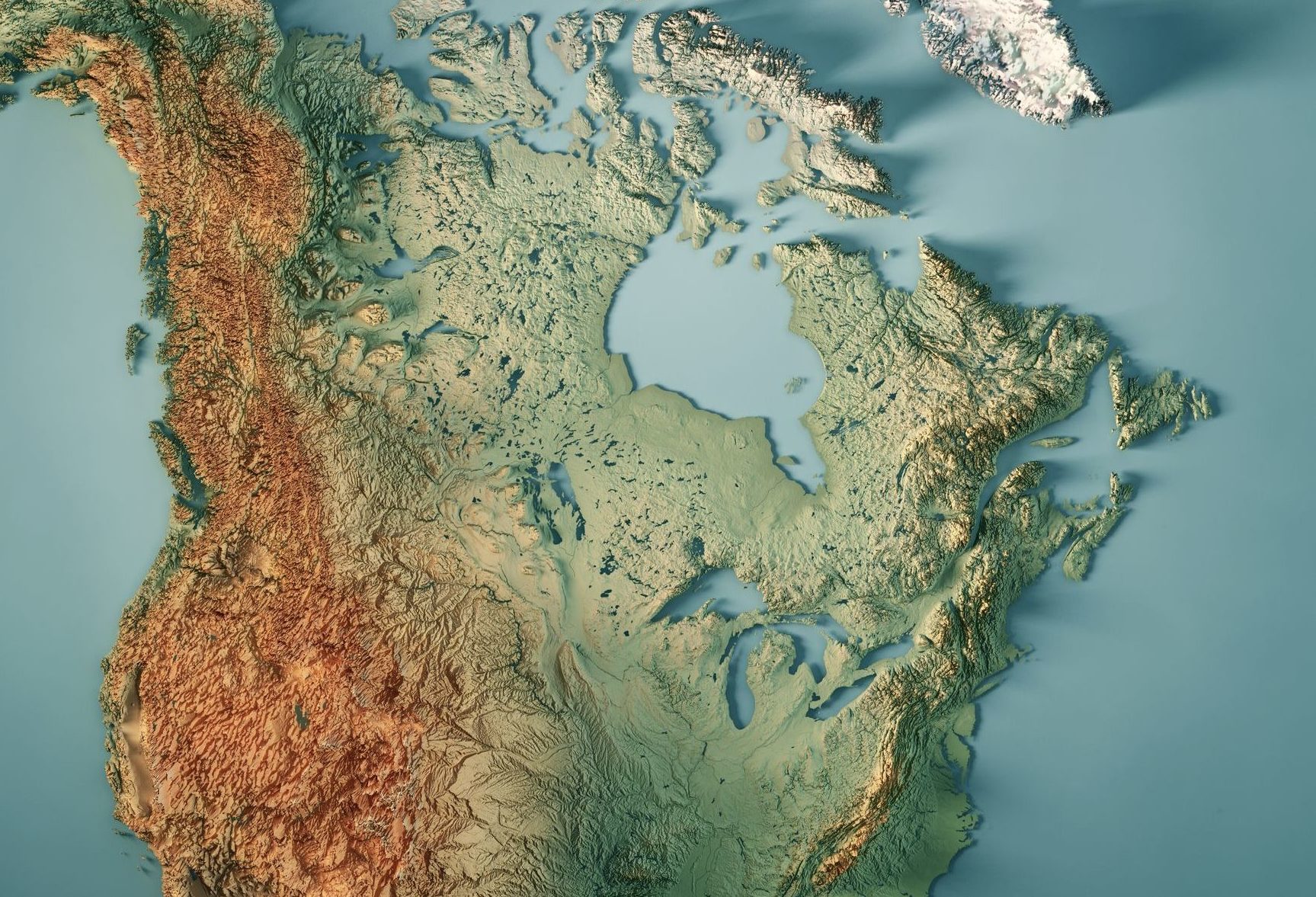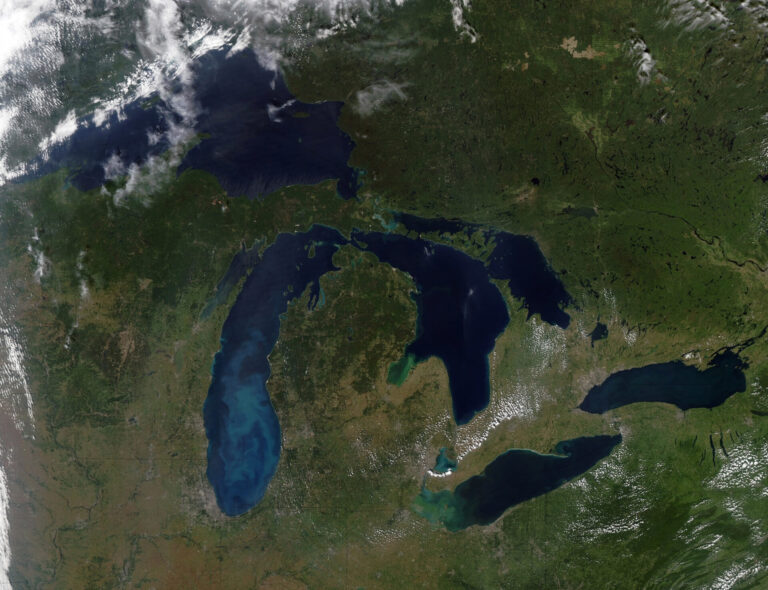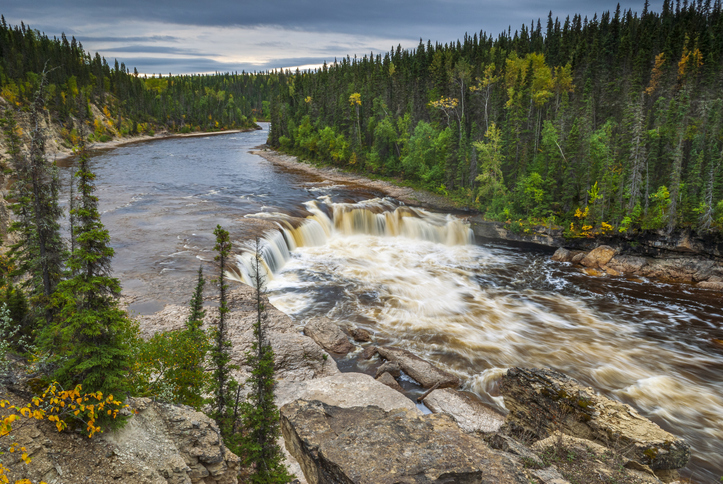At the close of 2018, Water Canada wanted to highlight a year of fantastic, original feature articles. Some were published exclusively on our website, some were first presented in our print issues and later shared online. These are articles written by experts in the water sector, while the ranking reflects the interests of our readers. These are the top ten articles we published this year, determined by the number of people who read them.
Thank you to our readers and our authors for making 2018 one of our most compelling years. We are proud of what we accomplished this year, bringing you the best the water sector has to offer by way of the work this community is doing in the blue economy.
Join us in 2019, when we will continue to pursue the most relevant, compelling, and emergent stories that impact our shared water.
10. The Role of Engineered Wetlands for Water Treatment
In this feature, Sean Chilibeck, Abydoz Environmental Inc., discusses work being done in Atlantic Canada to implement a green solution to water treatment.
9. The Shift from a Linear Economy to a Circular Economy is Necessary and Possible
Nelson Switzer, Loop Industries Inc., charts a course that seeks to transform the plastic waste problem into an opportunity to implement a circular economy.
8. Water Data Comes to Life with New Tools and Approaches
Science communicator, Alan Shapiro, takes a look at data-driven tools and methodologies that are changing how water experts work.
7. Relationship Reset: Safe Water for All First Nations
Director of Housing, Infrastructure, and Emergency Services at Assembly of First Nations, Irving Leblanc, writes a detailed piece on how First Nations and the federal government will work to close the resource gap and bring an end to rampant DWAs in First Nations communities.
6. Advancing the Science on Dam Renewal and Removal
Canadian Rivers Institute’s Anne Levesque and Gordon Yamaski bring us the nuts and bolts of how to manage aging dams in Canada, discussing CRI’s work on the most comprehensive study on the topic ever undertaken.
5. Privatization Risk and Rewards
How, exactly, do stakeholders evaluate the outcomes of privatizing water services? Alan Shapiro presents case studies that provide guidance in charting a course to best outcomes.
4. Stratford, Ont. Harnesses its Wastewater Resource Potential
Freelance writer, Nancy Carr, shines a light on the work Stratford, Ontario undertook to turn its methane problem into a natural gas solution.
3. From Risk to Resilience
Alexis Morgan, World Wildlife Fund’s global lead for water stewardship, breaks down the utility of WWF’s reinvented water risk evaluation tool and the role it can play in preparing a resilient response to climate change.
2. New Brunswick: Doing Everything Right and Still Getting Walloped by Climate Change
“This spring, five Nor’easters hit the province in less than 10 days,” writes Stephanie Merrill, Global Institute for Water Security at U Sask, in her deep dive on wins and losses in N.B.’s battle for climate resilience.
1. Atlantic Canada’s Model for a First Nations-led Water Authority
“I’m not going to give up. I believe this is too important not to fix. It’s like our language, it’s like our culture, our beliefs. This is really important to communities—having safe drinking water.”— John Paul, Atlantic Policy Congress of First Nations Chiefs Secretariat, on his work to bring water security to Atlantic Canada.









